European Beer Bloggers Conference 2012
ABV: 3.8% and 4.4%
Origin: Leeds, England
Website: www.leedsbrewery.co.uk
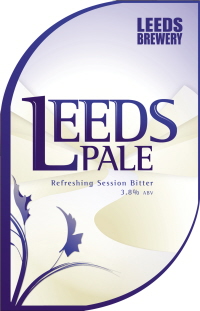
Leeds Pale
The closure and demolition of an historic brewery is always a loss in economic and heritage terms and, depending on how embedded it was in the life of its surroundings, a potential loss to local culture too. But take a step back from the immediate bad news story and you might get a different perspective.
Since beer consumers first started campaigning against such closures in the 1970s, times have changed dramatically. Back then a dwindling stock of Victorian breweries was all we had. Today brewing is once again on a growing trend, with approaching a thousand breweries in Britain, most of them small and innovative micros. You could say that brewery closures are just part of the cycle of renewal.
The closure of Tetley’s brewery in Leeds by owners Carslberg is a case in point. Since it opened in 1822 the brewery had played a major role in the economic and cultural life of the city, ultimately dominating pub outlets in the area and becoming part of its sense of place. Its departure also reminded us that the old school cask ale of the sort for which Tetley’s was famous is no longer Britain’s most popular drink.
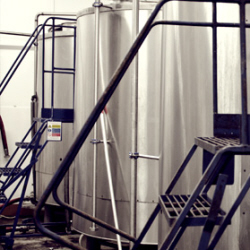
Vessels at Leeds Brewery. Pic: Leeds Brewery.
But it certainly didn’t leave a vacuum behind. Indeed Leeds already had several breweries producing beer which was often superior to Tetley’s in its last days.
The simply named Leeds Brewery became the biggest in the city on Carslberg’s departure. Opened as recently as 2007, this is a professional and ambitious operation that was already enjoying great success with a highly competent and consistent range of cask ales, such as its award winning mild Midnight Bell.
Though its approach is contemporary, the brewery appears to be following in the footsteps of the old style local and regional family breweries in seeking to become a vertically integrated business with its own estate of pubs. It already owns five and good pubs they are too, civilised and forward thinking places with decent food, and one of them – the Brewery Tap in the city centre, right by the station – equipped with a microbrewery of its own.
Like most smaller breweries, though, Leeds continues to depend on selling beer through other outlets, including nationally through several pubcos, and the Carlsberg closure has given it new opportunities locally. Though the core Tetley brands are still available, the fact that they’re now brewed under contract at Marston’s Banks’s brewery in Wolverhampton, 180km away, hasn’t played well with Leodensians. Consequently Leeds brewery pumps are now popping up in former Tetley pubs in response to customer demand for a genuinely local product.
Those pumps normally dispense the best selling Leeds Pale, an excellent example of an easy going light cask ale that fills the traditional role of English session beer while adding a slightly contemporary twist. Sampled in the brewery’s flagship Midnight Bell pub at Holbeck, an attractively regenerated industrial area just outside the city centre, this poured a light amber with a creamy yellow head.
A bready, grainy aroma had a hint of buttery diacetyl – not too much to be unattractive. The palate was also bready and grainy, quite full bodied with a hazelnut note and a touch of orangey fruit. The nuttiness played through into a nicely balanced finish with more cereal, a very gentle rooty hop note and a hint of autumn fruit.
At the Brewery Tap I sampled Leeds’ cask stout Gathering Storm, which is billed as a winter seasonal but was still being brewed in May. This was near black with a thick and persistent fine grained beige head and a creamy, slightly woody aroma with a pencil lead note.
A very smooth and comforting palate was rich but dry and again well poised, with plenty of chocolate and dark malt and a well judged roast note that wasn’t too aggressive. A soothing finish had more luscious chocolate, turning slightly pursing later on. It’s by no means the world’s most complex stout but it’s clean, well made and approachable, which typifies the brewery.
Leeds Brewery has also recently started brewing its own ‘real’ keg lagers. A golden lager, Leodis (4.6%), began as a short run on the kit at the Brewery Tap but is now a permanent beer produced at the main brewery, while the Tap experiments with other lager styles including a Dunkel.
I found Leodis rather sweet and malt-accented, like a very sweet Helles, with a slightly unwelcome note of sweetcorn besides lemon squash and vanilla, but again it was easy to drink and a credible alternative to industrial products of the sort pushed by the multinational that closed down Tetley’s. It’s good to see that Leeds’ status as a brewing city is still secure.


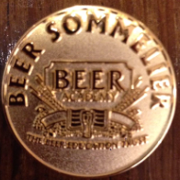
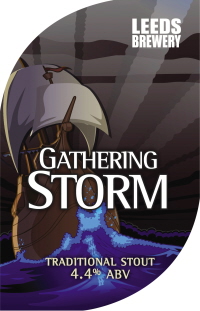
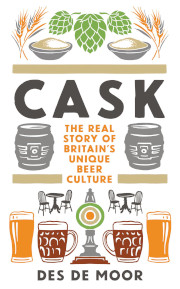

Leave a Reply